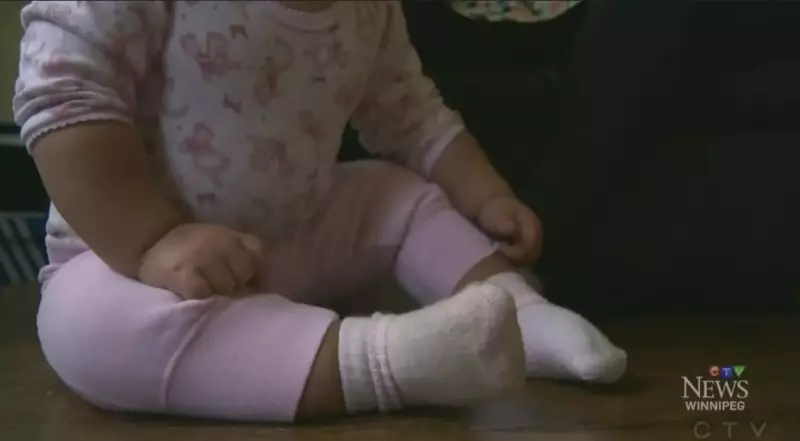
A newly released report has uncovered a deeply concerning pattern within Manitoba's child welfare system, revealing that Indigenous youth accounted for a staggering 83% of all cases handled by the province's child and youth advocate office last year.
The comprehensive data, collected throughout 2023, paints a troubling picture of systemic overrepresentation that has child welfare experts and Indigenous leaders demanding immediate action. The statistics highlight a persistent crisis that continues to disproportionately affect First Nations, Métis, and Inuit communities across the province.
A Pattern of Systemic Failure
According to the report, the overwhelming majority of youth requiring advocacy services came from Indigenous backgrounds, despite Indigenous children making up a much smaller percentage of Manitoba's overall youth population. This disparity points to deeper systemic issues that have plagued the child welfare system for generations.
Advocates note that these numbers represent real children and families caught in a cycle of intervention that often fails to address the root causes of their circumstances. The data underscores the urgent need for culturally appropriate solutions and community-led approaches to child welfare.
Historical Context and Ongoing Challenges
The overrepresentation of Indigenous youth in child welfare systems is not a new phenomenon in Canada. However, the persistence of these numbers decades after initial recognition of the problem indicates that current approaches are failing to create meaningful change.
Many experts point to the intergenerational trauma caused by residential schools, the Sixties Scoop, and ongoing systemic discrimination as key factors contributing to the current crisis. Poverty, inadequate housing, and limited access to mental health services in remote communities further compound these challenges.
Calls for Fundamental Reform
Child advocacy organizations and Indigenous leaders are using this report to renew their calls for transformative change. They argue that incremental adjustments to the existing system are insufficient and that a complete overhaul is necessary.
Recommendations include greater investment in preventative services, increased support for families to keep children safely at home, and the transfer of child welfare jurisdiction to Indigenous communities. Many advocates emphasize that solutions must be Indigenous-led and grounded in cultural traditions and knowledge.
The report serves as both a stark reminder of ongoing inequities and a urgent call to action for policymakers, service providers, and all Canadians to address this national crisis with the seriousness it demands.





